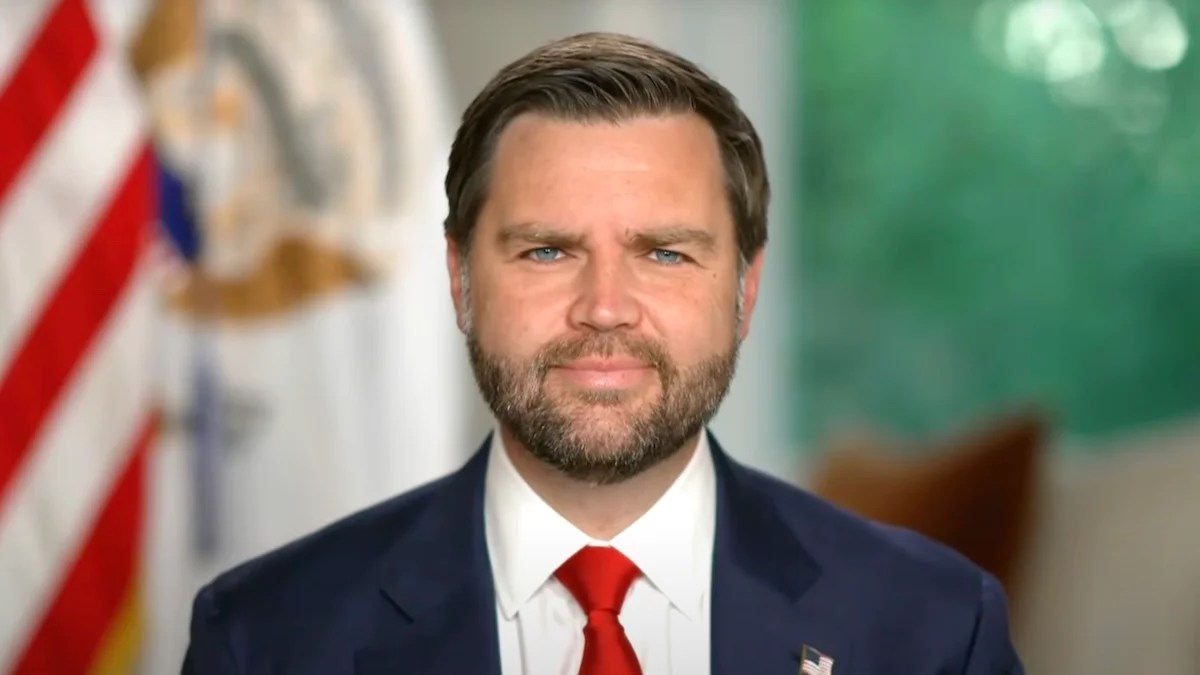The recent government shutdown in the United States has reignited contentious debates over party responsibility and the impact on the economy. The shutdown, the first in nearly seven years, brought Vice President JD Vance to the forefront to address the unfolding crisis during an interview on “CBS Mornings.”
### Causes of the Shutdown
Vance attributed the government closure primarily to a faction of Senate Democrats who, in his view, prioritized their policy disagreements over essential government functions. He noted that while a faction of Senate Democrats was responsible for the shutdown, some moderate Democrats aligned with Republicans to keep the government operational. Vance emphasized that this shutdown is not merely a political maneuver but a detrimental action that affects services reliant on federal support, including critical programs for low-income families.
### Economic Implications
The economic fallout from the shutdown is significant. Estimates suggest that up to 750,000 federal workers could be furloughed daily, leading to a staggering $400 million loss in pay every day. Economists have predicted that this government standstill could cost the U.S. economy around $7 billion weekly. Essential services will continue to operate, such as those provided by air traffic controllers and military personnel, but without immediate payment, which adds another layer of complexity to the economic impact.
Vance articulated concern for those dependent on government services, asserting that the Democrats have effectively taken essential services “hostage” over policy disputes. His comments resonate with many who fear the long-term implications of a shutdown on public welfare, especially for families who rely on food assistance programs and various government services.
### Discussion on Government Functions
Vance argued that government shutdowns are historically ineffective and counterproductive, causing more harm than good. He underscored the need for both sides to reach an agreement to avoid these detrimental outcomes, stating, “We should take that wisdom, open up the government and then talk about how to ensure that people have access to health care.”
His viewpoint presents a considerable challenge to the prevailing narrative that government shutdowns are a legitimate tool for political negotiation. Vance contended that his administration has been working with insurance companies to find solutions to healthcare issues without resorting to threatening the government’s operational status. He encouraged a collaborative approach where both parties could work together after ensuring the essential functions of government are sustained.
### The Role of Media
The media’s role in shaping public perception during such crises is crucial. Vance’s interview on CBS exemplifies how platforms provide an avenue for leaders to explain their stance and rally support for their perspective. However, media engagements can also lead to confrontations, as seen when co-host Tony Dokoupil attempted to challenge Vance on issues related to Affordable Care Act subsidies. The exchange highlighted the complexities of discussing such multifaceted issues, especially during a heightened political climate.
### Looking Forward
As the government remains stalled, Vance concluded his interview with a hopeful outlook, urging Senate Democrats to reconsider their stance and prioritize governmental functioning. Despite the partisanship, he highlighted the need for bipartisanship to move forward, stating, “You don’t take the economy hostage because you want a particular health care policy… Let’s stop it.”
### Conclusion
The government shutdown has brought to light critical issues surrounding economic stability, essential services, and partisan divides. As each day of the shutdown progresses, the ramifications will continue to unfold, affecting countless Americans. The need for a collaborative effort between Democrats and Republicans to restore operational government functions is clear and urgent.
In understanding the narrative around this shutdown, it becomes evident that both economic implications and political strategies are deeply intertwined. The call for action is resonating through both media channels and within American households, emphasizing the necessity for policy discussions that do not compromise the welfare of the citizens who depend on government services. The urgency now lies in overcoming political strife, finding common ground, and prioritizing the needs of the American people above partisan disagreements.
Source link










